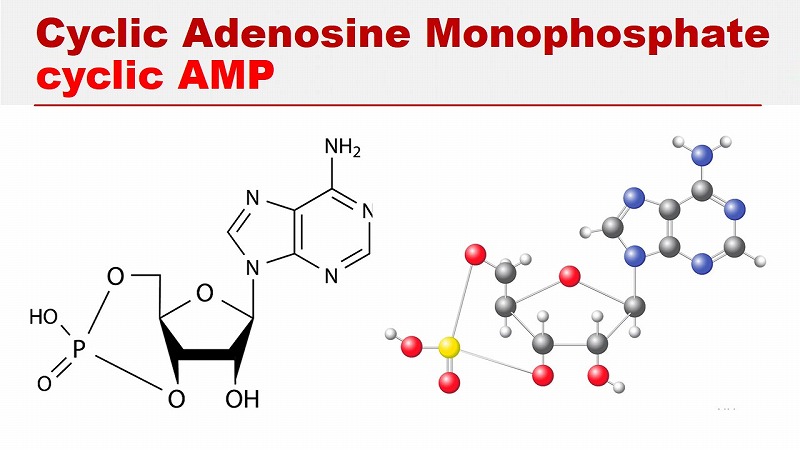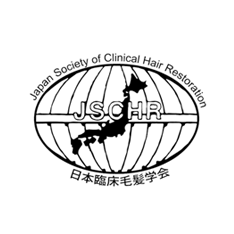Genetic Factors associated with Hair Loss:
Pharmacogenomic Research

Sex-linked autosomal dominant inheritance has been shown in AGA.
More than 200 genes and several thousands of single nucleotide polymorphisms (SNPs) have been identified as genetic factors that may be associated with the development of hair loss in AGA.
Genetic factors that play an important role in male and female AGA include the steroid metabolism genes CYP 17 or CYP 19, chromosomes 2 and 5, and SRD5A gene encoding 5α-reductase type I and II, aromatase, etc.
DNA Analysis in Each Patient

Some patients respond well to some hair regrowth medicines, but the same drugs do not work in others.
What is the difference between a drug responder and a non-responder?
Differences in reactivity to hair regrowth medicine may be related to genetic differences. Analysis of genetic mutations in DNA will reveal genetic differences between people.
Genetic analysis may become a standard tool in selecting effective drugs in individual patients with androgenetic alopecia.
Individual treatments for hair loss may become possible in the future with advances in genetic analysis of DNA mutations.
Adenyl Cyclase and Cyclic AMP

The effect of sex hormones on hair growth is probably controlled by a second messenger, adenyl cyclase and cyclic adenosine monophosphate (cAMP).
DHT inhibits adenyl cyclase, but testosterone does not.
Estrone stimulates adenyl cyclase activity.
The effect of androgens on hair growth is regulated by estrone through competition with DHT.











